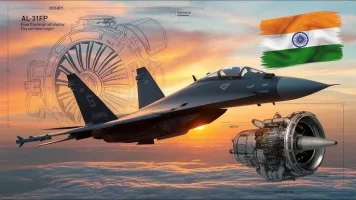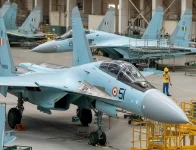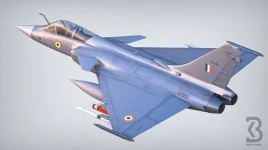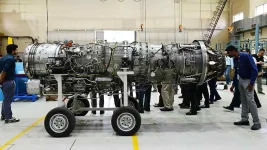- Views: 4K
- Replies: 14

As Brazil seeks to strengthen its air defence capabilities, the competition between India's Akash and China's Sky Dragon-50 missile systems has intensified. Both systems offer advanced technology and formidable defence capabilities, but several factors tip the scales in favor of India's Akash for the Brazilian contract.
Firstly, Akash's proven operational history with the Indian armed forces sets it apart. While the Sky Dragon-50 boasts impressive specifications, it lacks the extensive real-world deployment and testing that Akash has undergone in diverse terrains and conditions. This proven track record provides Brazil with a higher degree of confidence in Akash's reliability and performance.
Secondly, Akash's mobility and deployment versatility give it an advantage in Brazil's varied landscape. The system's ability to be mounted on both wheeled and tracked vehicles ensures it can navigate challenging terrains effectively. Brazil's vast and diverse geography demands an air defence system that can be rapidly deployed and maneuvered in different environments.
Thirdly, the prospect of a government-to-government agreement between Brazil and India for Akash simplifies the procurement process and potentially fosters closer defence ties between the two nations. Brazil's Army Commander, General Tomás Miguel Paiva, has expressed a clear interest in pursuing this route.
Finally, while the Sky Dragon-50 boasts superior radar range, Akash's radar system is highly adept at handling multiple targets with pinpoint accuracy. In a dynamic battlefield scenario, the ability to engage multiple threats simultaneously with a high probability of kill is crucial.
While China's Sky Dragon-50 is undoubtedly a strong contender, India's Akash missile system holds a distinct edge due to its proven operational history, deployment flexibility, potential for government-to-government collaboration, and impressive multi-target engagement capabilities. These factors make it a compelling choice for Brazil as it seeks to bolster its air defence strategy.




